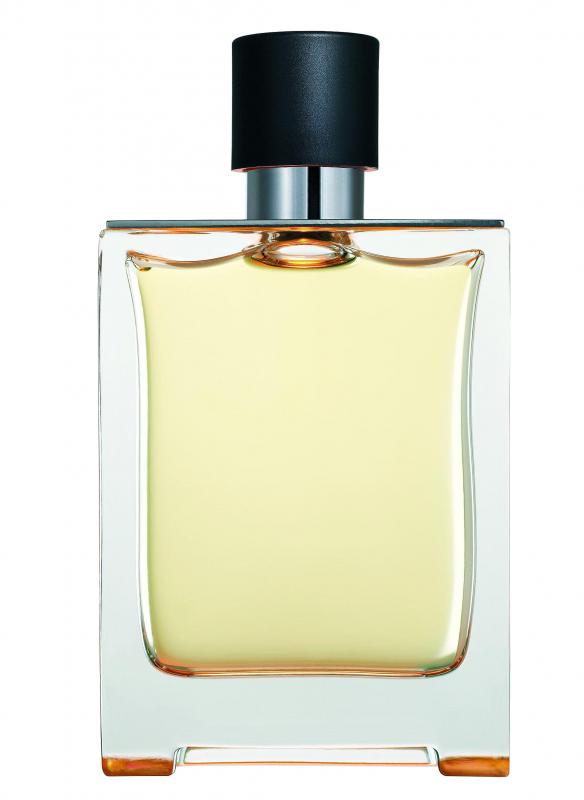At PracticalAdultInsights, we're committed to delivering accurate, trustworthy information. Our expert-authored content is rigorously fact-checked and sourced from credible authorities. Discover how we uphold the highest standards in providing you with reliable knowledge.
What is a Perfumer?
A perfumer, also commonly referred to as a fumer, is an artist who relies on her olfactory talents and their refinement to identify and distinguish traditional and unique fragrance ingredients. She is instrumental in the development and production of perfumes and colognes. Her talents are also in high demand in the production of food and non-food items that rely on appealing scents to attract and retain customers.
It is a common belief that perfumers are born, not made. Industry professionals traditionally believe the successful perfumer is a combination of the two. An extraordinary sense of smell cannot be dismissed in evaluating the skills of a perfumer, but without having more practical knowledge and abilities, her success would be limited.

A person in this position is generally required to have a well-developed knowledge of typical fragrance ingredients and be familiar with how they smell individually as well as in combination with other elements. Knowing how certain smells develop over time, as well as how those developments are affected by one or more additives, is also important to be a successful perfumer. She must also be highly trained in fragrance aesthetics and how certain smells evoke specific moods and emotions.

In food and non-food production environments, a perfumer regularly assesses the smells of aromatic additives and chemicals to ensure they meet the goals of the manufacturer. She is frequently required to use her smelling talents to evaluate test batches of products to determine if they meet production standards regarding aromas. Her olfactory talents customarily decide if a product meets standards or must undergo further modifications. The final fragrance analyses are frequently conducted in air-filtered chambers using carefully dipped blotter strips for evaluation.
A perfumer is also relied upon to determine other characteristics of scented products. These normally include permanence, harmony, body, strength and how the odor may alter over time. Different forms of a specifically perfumed product, such as solids, creams, powders and mists, are typically tested for fragrance conformity.
Until recently, most perfumers were employed by the world’s major fragrance producers, with a small number working exclusively for small independent perfume manufacturers. Today, a larger number work for other industries that require regular testing of product smells and odors. Regardless of what industry a perfumer works in, her job is the only profession that so heavily relies on sense of smell.
Most past perfumers received no formal training. The most common way to enter the profession was to become an apprentice for an experienced perfumer. This position is referred to as a perfume technician. In 1970, Institut Supérieur International du Parfum de la Cosmétique et de l'Aromatique Alimentaire (ISIPCA), the world’s only school of perfumery, opened in France.
AS FEATURED ON:
AS FEATURED ON:












Discuss this Article
Post your comments